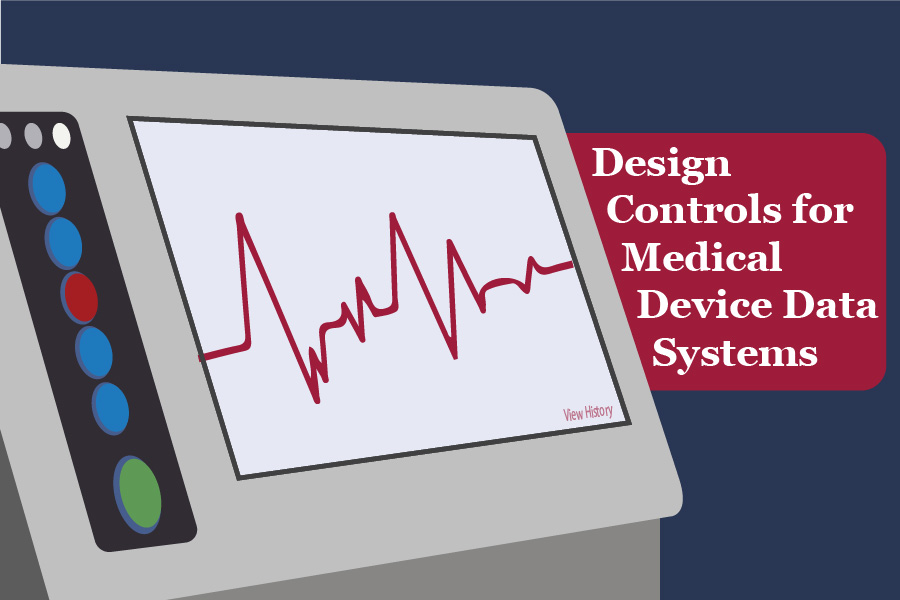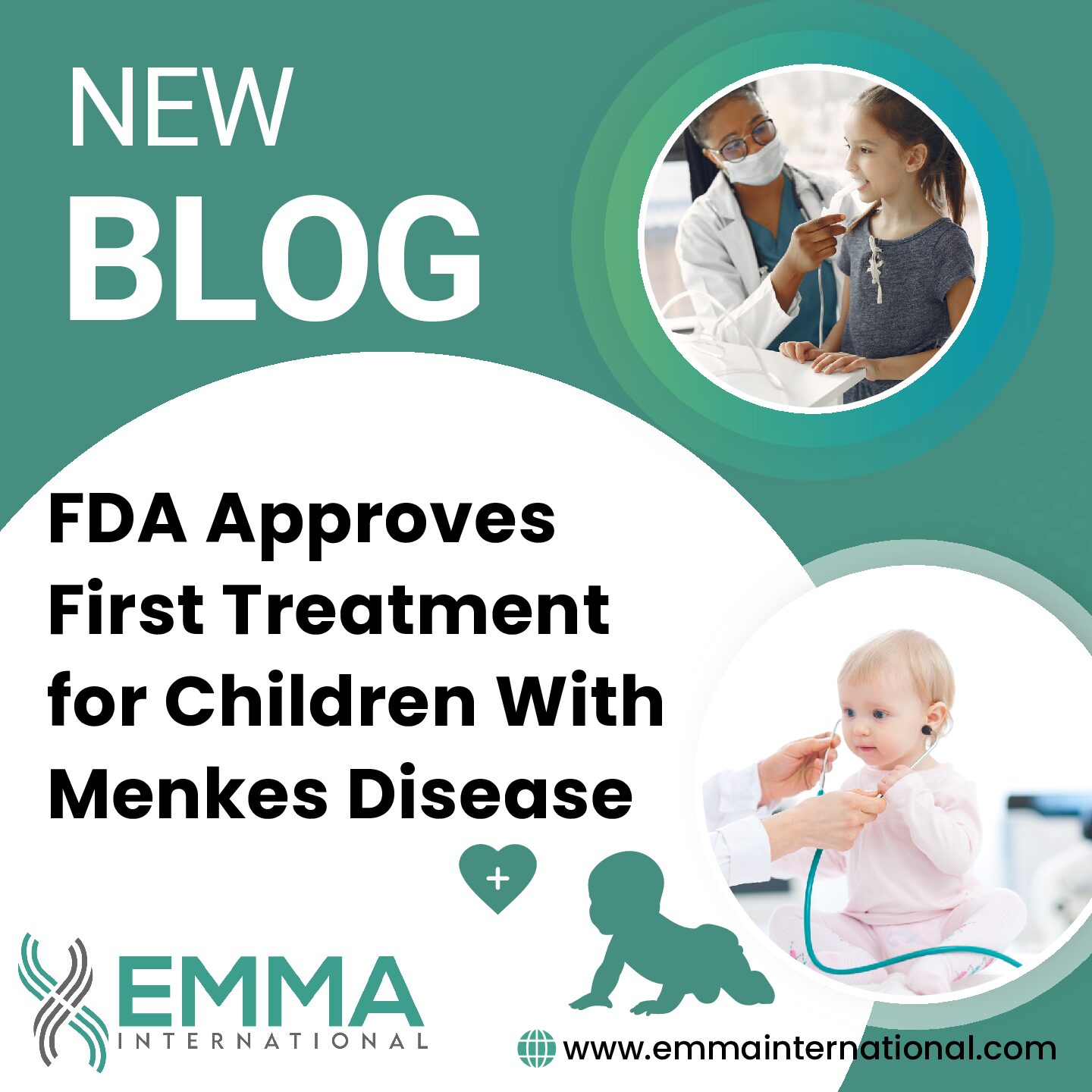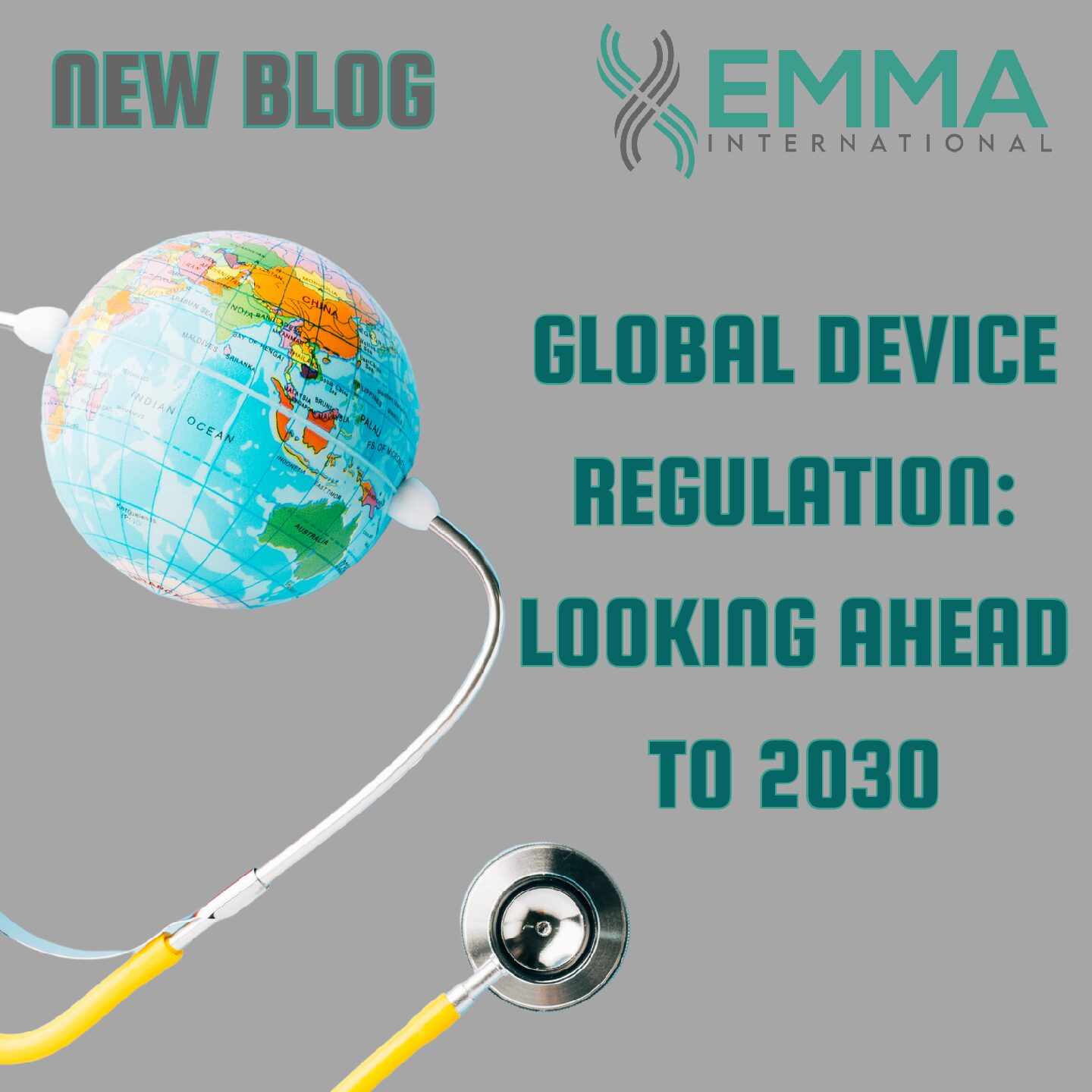Medical Device Data Systems (MDDS) are hardware or software products that are intended to transfer, store, convert document forms and display medical device data. MDDS on its own does not modify the data or control any functions of the connected medical device and may or may not be used in active patient monitoring.
As per the requirements of section 520(o)(1)(D) of the Federal Food, Drug, and Cosmetic Act:1
- Software functions that are solely intended to transfer, store, convert formats, and display medical device data or medical imaging data, are not devices and are not subject to FDA regulatory requirements applicable to devices. The FDA describes these software functions as “Non-Device-MDDS.”
- Hardware functions that are solely intended to transfer, store, convert formats, and display medical device data or results are “Device-MDDS.”
Some examples of non-device MDDS include software systems that:
- Store patient data, such as blood pressure readings, for review at a later time;
- Convert digital data generated by a pulse oximeter into a format that can be printed; and
- Display a previously stored electrocardiogram for a particular patient.
Though a software MDDS does not have to comply with the FDA regulatory requirements there are some activities which a manufacturer must consider when incorporating an MDDS in a medical device. Software within a medical device must be considered as any other off-the-shelf component of the device and included in the risk file of the device. MDDS may have an impact on the safety and efficacy of the medical device as a whole and thus has an impact on patient safety. Furthermore, if you are a supplier of an MDDS component, developing your software system in compliance with good software development practices will show a good faith effort to your customers and regulatory authorities.
In my opinion, it is always better to go above and beyond to stay in compliance than to face the repercussions later. Even if design controls do not apply to non-device MDDS, following design controls will only ensure that your product development activities are in alignment with the expectations of your customers and patients. EMMA International can assist you to develop a robust and compliance design controls program. Call us today at +1 248-987-4497 or email us at info@emmainternational.com to know more about our proprietary methodology.
1FDA(2019) Medical Device Data Systems retrieved on 03/02/2021 from https://www.fda.gov/medical-devices/general-hospital-devices-and-supplies/medical-device-data-systems





